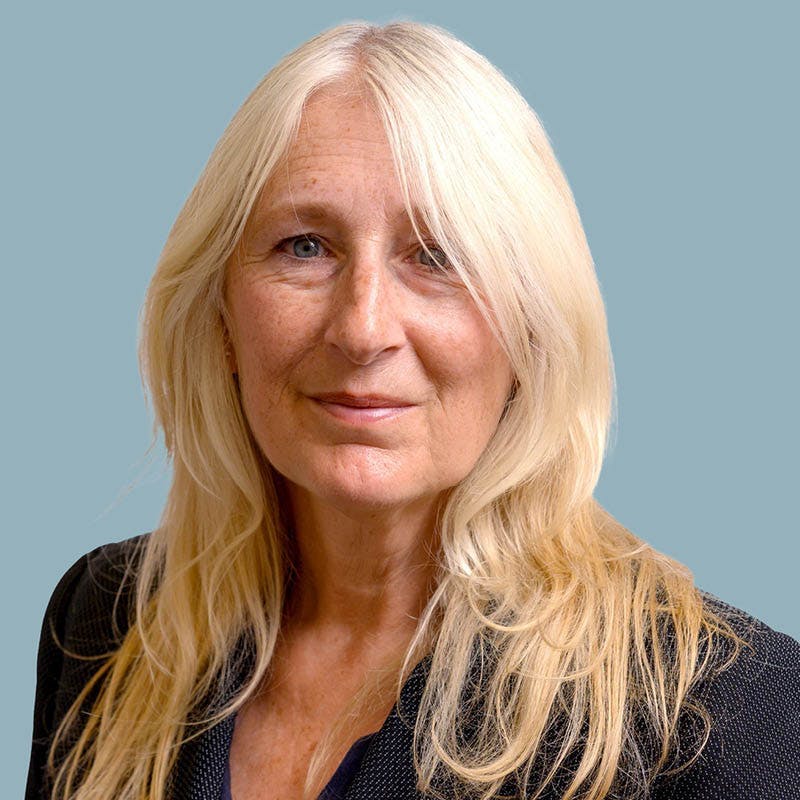Child and family assessments: What to expect when children’s services get involved
By Lorrette Law
When Children’s Services become involved with a family, it can be a daunting and emotional experience. Many parents worry about what this means and what the outcome might be. At Switalskis, we understand how important it is to feel informed, supported, and protected throughout this process.

In this blog, we explain what Child and Family Assessments are, what they involve, and what your rights are.
What is a Child and Family Assessment?
A Child and Family Assessment is carried out by a social worker when concerns are raised about a child's wellbeing. The aim is to understand the needs of the child and the family, and to assess whether any support or intervention is needed to ensure the child is safe and their welfare is being promoted.
Where do concerns for a child’s wellbeing come from?
Concerns about a child's wellbeing can arise from various sources, including family members, professionals, or even the child themselves. Here are some common scenarios that might raise concerns:
Reports from concerned individuals
Children's Services may become involved after someone, such as a teacher, doctor, or family friend, raises concerns about a child's safety or wellbeing. This could be due to:
- Physical signs of abuse or neglect: Unexplained injuries, poor hygiene, or malnutrition might lead professionals to suspect a child is being mistreated.
- Behavioural changes: A sudden change in behaviour, such as becoming withdrawn or overly anxious, could suggest the child is experiencing distress or harm.
- Inconsistent or concerning statements: A child may disclose worrying information to a teacher, healthcare worker, or even a relative, leading them to report concerns.
Family issues or domestic abuse
In situations where there is domestic violence, substance abuse, or mental health issues within the family, professionals may be concerned about the impact on the child's safety and emotional wellbeing. Children who witness or experience abuse, or who are living in unstable or unsafe environments, may be at greater risk of harm.
Children’s health and development
If a child’s health or development appears to be delayed or compromised, professionals might raise concerns. These could include:
- Failure to thrive: A child not gaining weight or developing as expected could indicate neglect or health issues.
- Developmental delays: Concerns may be raised if a child is not meeting milestones in terms of language, motor skills, or social development.
- Unresolved health conditions: Children with serious or chronic illnesses may require additional support, and neglecting medical needs could trigger concern.
Environmental factors
A child’s environment plays a crucial role in their overall wellbeing. Concerns may arise from situations such as:
- Living in poverty: Families struggling financially may not be able to provide for their child’s basic needs, including food, clothing, or shelter.
- Unsafe housing conditions: Living in overcrowded or unsuitable conditions can negatively impact a child's health and safety.
The child’s own behaviour or statements
Sometimes a child’s own behaviour or statements may raise red flags. For example, if a child is expressing fear of going home, showing signs of trauma, or demonstrating extreme behaviour, it may indicate something is wrong in their environment.
Previous history or background
Children’s Services may also become involved if there is a history of previous concerns or involvement with other agencies, or if the family has previously had contact with the system. A history of neglect, abuse, or mental health issues in the family can trigger concerns for a child’s wellbeing.
Social workers gather information by speaking to the child, parents, family members, and other professionals involved in the child’s life, such as teachers or health visitors. They look at the child’s developmental needs, parenting capacity, and any wider family or environmental factors that may be affecting the situation.
How long does the assessment take?
The assessment process can take up to 45 working days, although it may be completed sooner depending on the circumstances. At the end of the assessment, the social worker will make recommendations about the support a family may need. This might include referrals for more specialist help or involvement from other professionals.
Will my child be taken away?
This is one of the most common fears for families. It’s important to understand that children can only be removed from their parents’ care in certain circumstances. There must be evidence that the child is suffering or is at risk of immediate harm, and removal must be agreed to by the parents, ordered by a family court, or carried out by the police under emergency powers.
Social workers aim to work with families to help them make positive changes and create a safe, stable home environment for their children. In most cases, the goal is to support families to stay together.
What should I do if children’s services contact me?
If Children’s Services become involved with your family, it’s vital to get expert legal advice as soon as possible. A solicitor who specialises in child and family law can help you understand your rights, support you through the assessment process, and ensure your voice is heard.
At Switalskis, our nationally recognised team of experienced child care solicitors can provide the support and advice you need at what can be an incredibly stressful time.
Whether you're facing an initial assessment or court proceedings, we’re here to help. Call us on 0800 1380 458 or email help@switalskis.com
Find out how Switalskis can help you
Call Switalskis today on 0800 1380 458 . Alternatively, contact us through the website to learn more.




